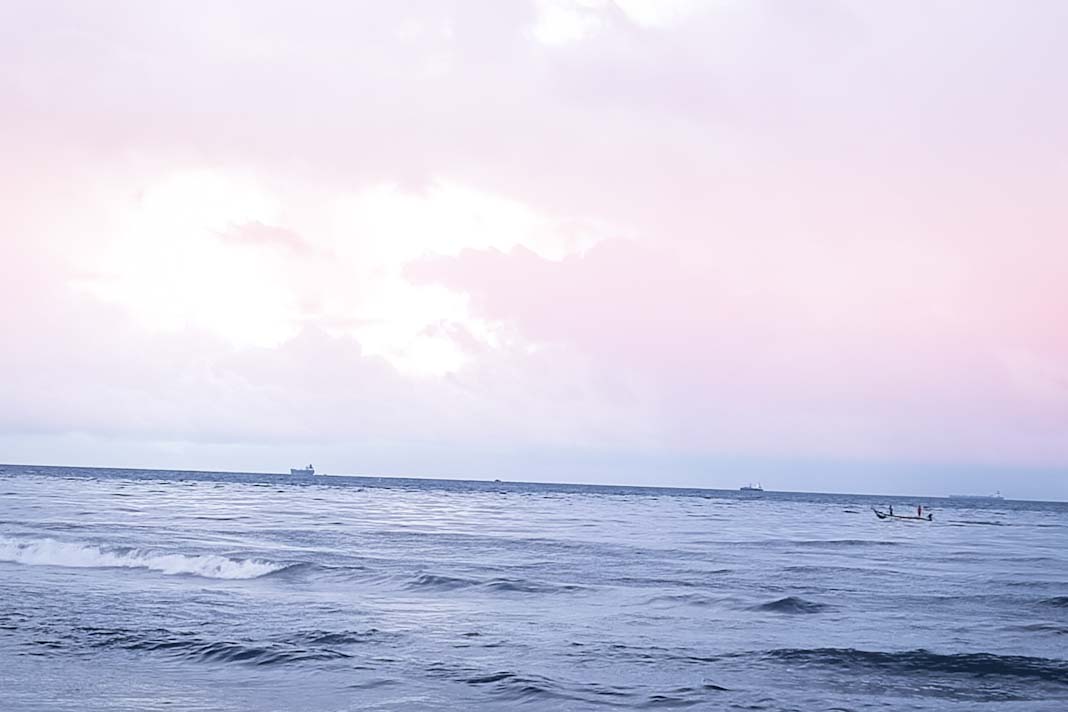
-
Ships are restricted from discharging garbage in designated protected areas.
-
Annex VI outlines strict emission controls (SOx, NOx, PM) in specific Emission Control Areas (ECAs).
-
Particularly Sensitive Sea Areas (PSSAs) are ecologically and socio-economically important and are protected under IMO regulations.
-
Enforcement, port infrastructure, and rising ship traffic pose challenges to implementation.
Ships are strictly prohibited from discharging garbage in specified protected marine areas. MARPOL Annex VI highlights international efforts to limit air pollution from ships by establishing Emission Control Areas (ECAs). These ECAs include:
-
Baltic Sea (SOx, NOx)
-
North Sea (SOx, NOx)
-
North American ECA (SOx, NOx, PM)
-
U.S. and Caribbean Sea ECA (SOx, NOx, PM)
These regions are subject to rigorous emission standards to reduce sulphur oxides (SOx), nitrogen oxides (NOx), and particulate matter (PM) from shipping activity.
Protection of Particularly Sensitive Sea Areas (PSSAs)
In response to a 1978 international conference resolution on tanker safety and pollution prevention, the IMO’s Marine Environment Protection Committee (MEPC) initiated the identification and designation of Particularly Sensitive Sea Areas (PSSAs). These are marine zones requiring special protection due to their ecological, scientific, or socio-economic significance and vulnerability to shipping impacts.
Only the International Maritime Organization (IMO) can evaluate and designate such zones, along with implementing protective measures. Since 1990, 14 areas have been designated as PSSAs under the IMO Assembly’s guidelines:
-
Great Barrier Reef
-
Archipelago of Sabana-Camaguey
-
Sea Area around Malpelo Island
-
Marine Area around the Florida Keys
-
Wadden Sea
-
Paracas National Reserve
-
Western European Waters
-
Torres Strait (extension to the Great Barrier Reef PSSA)
-
Canary Islands
-
Galapagos Archipelago
-
Baltic Sea Area
-
Papahānaumokuākea Marine National Monument
-
Strait of Bonifacio
-
Saba Bank (Caribbean Island of Saba)
Operational Standards in Special Areas
Ships operating in MARPOL Special Areas must be equipped with pollution prevention technologies such as oily water separators and onboard sewage treatment systems. Furthermore, ports in these regions must provide adequate reception facilities for ship-generated waste. Operational protocols in these areas include:
-
Restrictions on ballast water exchange
-
Limitations on discharge timing
-
Cargo tank cleaning guidelines
These regulations aim to reduce the environmental impact of maritime activity.
Challenges and the Path Forward
Although the designation of MARPOL Special Areas and PSSAs is a vital environmental safeguard, their effective implementation faces hurdles. Coastal nations are responsible for ensuring foreign vessel compliance, but limited monitoring resources and inadequate port reception facilities can hinder enforcement.
Additionally, with increasing global shipping traffic, the likelihood of accidents and resultant pollution is on the rise.
To address these issues, nations must collaborate and invest in advanced maritime technologies that prioritize waste management and emissions control. Raising awareness among seafarers, coastal populations, and industry stakeholders can further bolster efforts by fostering understanding of marine pollution’s consequences and inspiring collective action.
MARPOL Special Areas and PSSAs are critical to preserving fragile marine ecosystems that are threatened by expanding maritime trade. These oceanic regions are not only home to unique biodiversity but also vital to the livelihoods of communities dependent on fisheries and coastal resources.
Achieving a balance between economic progress and environmental preservation is essential. Strengthening regulations, advancing green maritime technologies, and fostering global cooperation are key steps toward sustainable and responsible maritime development.
Did you subscribe to our daily Newsletter?
It’s Free Click here to Subscribe!
Source: Marine Insight
















